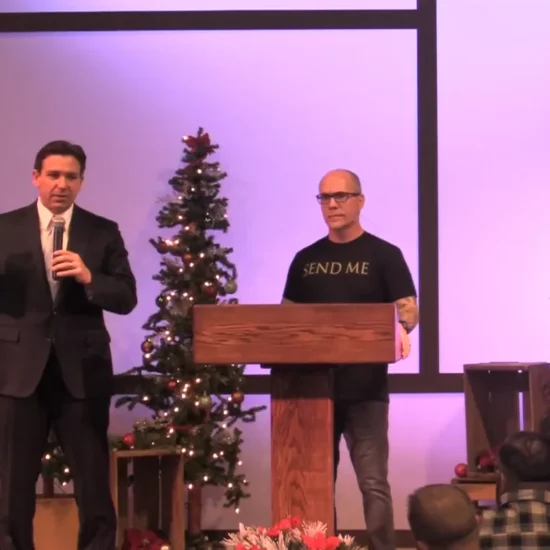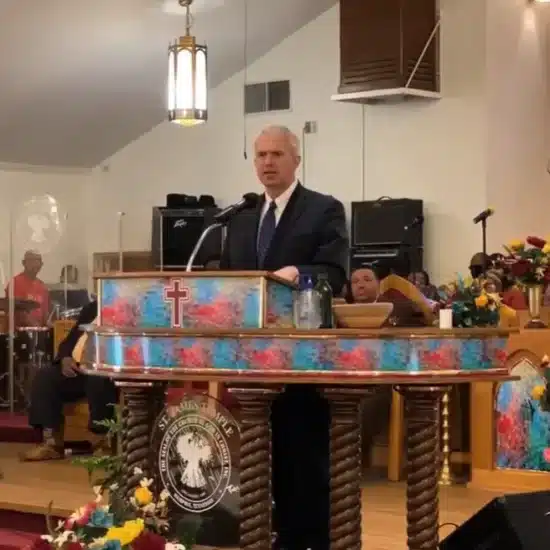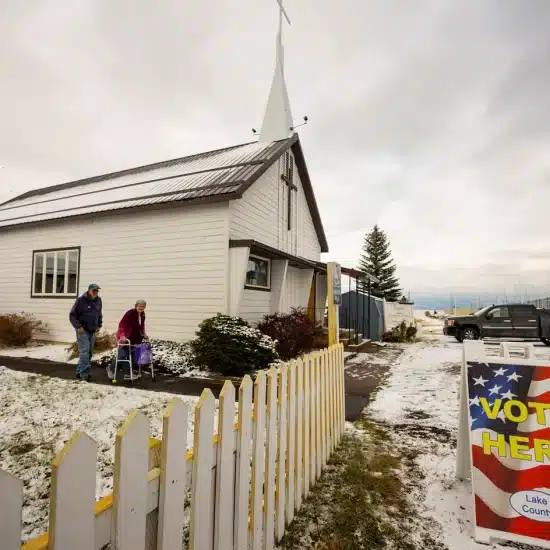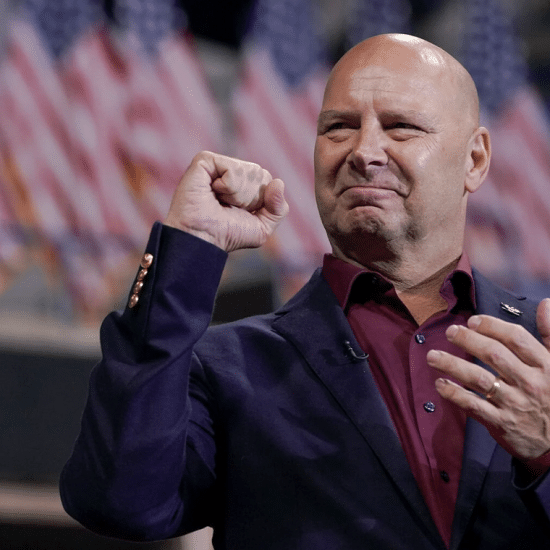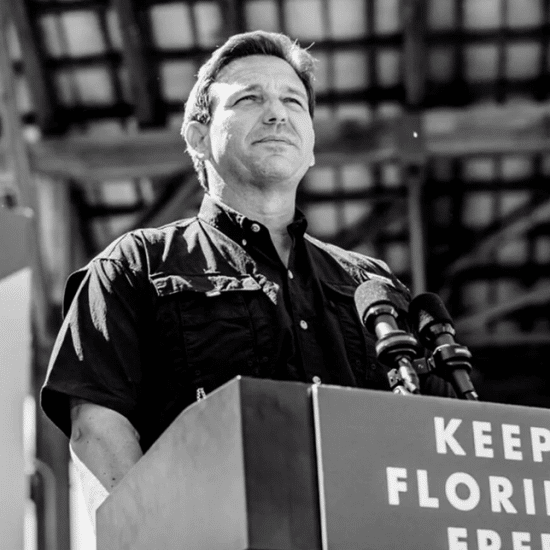Messengers to the 175th annual session of the Missouri Baptist Convention expressed differences of opinion on at least three issues last week at First Baptist Church in Raytown.
Two of those issues — whether to fund lawsuits against five formerly related Baptist entities (Word&Way included) with Cooperative Program gifts from churches and whether to continue the legal action — became matters of discussion in churches in the months leading up to the convention.
Convention leaders took preemptive actions to help ensure passage of a measure that would enable the convention to use Cooperative Program funds to pay for legal fees incurred in suits against the agencies and to discourage messengers from voting on the convention floor to drop the lawsuits altogether.
The MBC Executive Board approved a 2010 budget in April that called for 3 percent of CP funds from churches to go into its Agency Restoration Fund to pay legal fees. The negative response to that notion — voiced in listening sessions held by executive director David Tolliver — prompted the Executive Board to create a second option — called Plan B — that would allow churches to opt out of having their mission monies used for litigation. The default option is Plan A, which includes the CP-for-litigation provision.
A good bit of discussion had surfaced of late on the matter of continuing litigation against the entities, a process that has been without success for the convention after seven years and $5 million dollars of legal expenditures. Some messengers announced their intention to move that the Executive Board drop its action against the five institutions.
Those reports apparently prompted the Executive Board to meet in a lengthy session on Monday afternoon prior to the opening session of the annual meeting on Oct. 26 and draft a motion granting greater power to the Agency Recovery Group (former legal task force) to do whatever is prudent on behalf of the convention in regards to the suits, even if that should mean dropping them.
That motion was apparently meant to discourage messengers from making the latter decision on the convention floor. An explanation from second vice president Mitch Jackson was that the MBC could be liable for “millions of dollars” should that happen. Allowing ARG and the Executive Board to handle the matter — if they should choose that course — would enable negotiations to protect the MBC, he said.
After considerable debate, the motion to use CP funds for litigation and expenses and the recommendation to place the legal outcome in the hands of the Executive Board both passed by 3-1 margins.
Hall-talk suggested that some who voted in favor of the proposed budget did so only because it included Plan B, suggesting their churches would opt not to have their churches’ CP funds go toward legal fees.
The convention also saw a contested election for its top three posts for the third straight year. All four incumbents were reelected for a second year, including president Bruce McCoy, first vice president John Marshall, second vice president Mitch Jackson and recording secretary Jamie Hitt (unopposed for reelection).
For the third straight year, the top three positions have been won by leaders associated with the “Save Our Convention” initiative that surfaced in a May 2007 rally. SOC criticized the Missouri Baptist Laymen’s Association and its research director, Roger Moran, with wielding an inordinate amount of influence in securing MBC leadership positions. SOC leaders said after the 2007 annual meeting — when they swept the elections — that their effort had achieved its purpose and was disbanded.
It remains to be seen how churches will respond to the Plan A and B budget options, whether to choose one or the other, or whether to bypass the MBC because it has chosen to fund legal expenses at all. The recent makeup of the Executive Board would suggest it is more likely to plow forward with litigation than to drop it. Without a doubt, both issues are now intertwined.
Bill Webb is editor of Word&Way.

